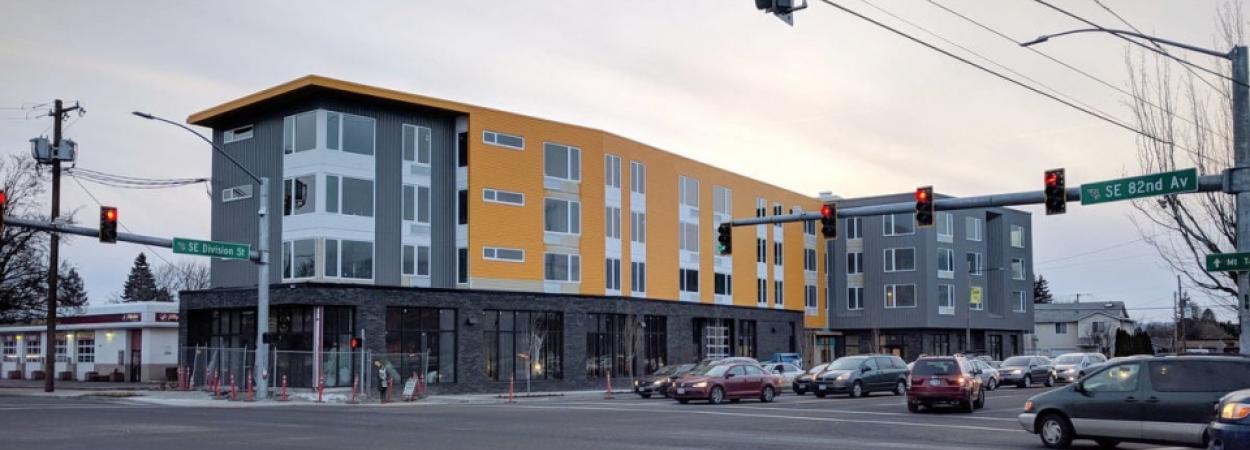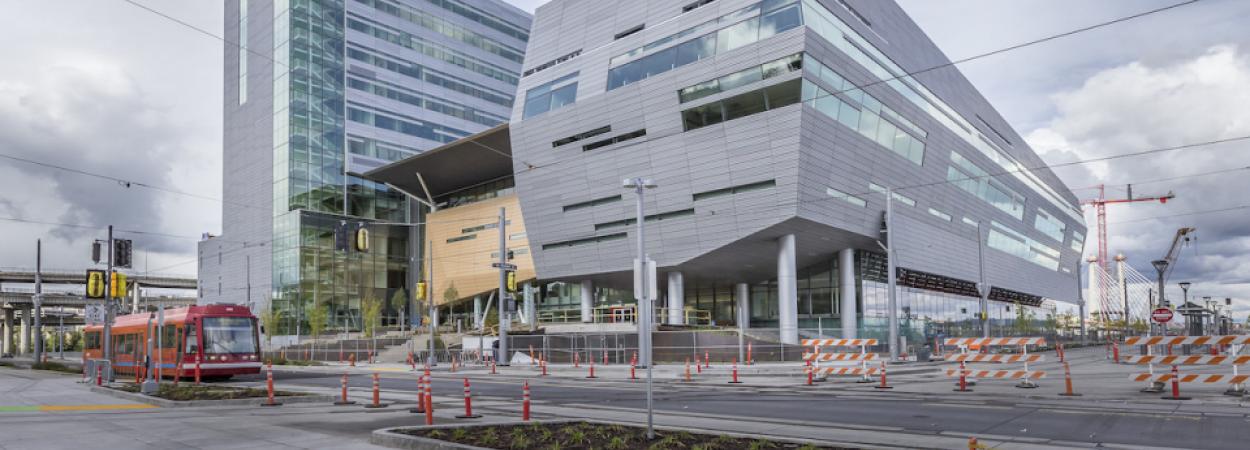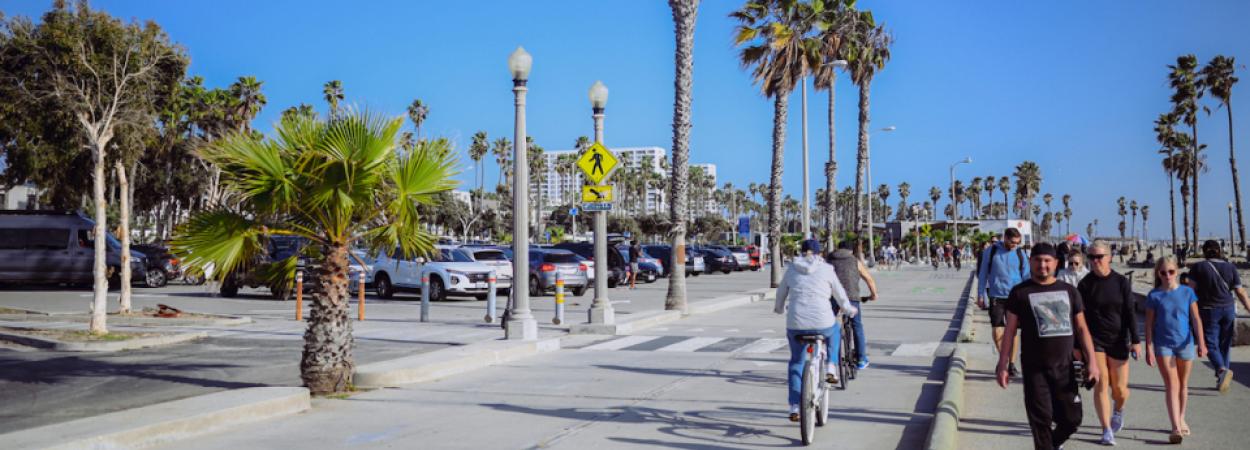 |  |  |

Drones, or unmanned aerial vehicles (UAVs), are increasingly being used to deliver medical supplies and other goods. In the U.S., where e-commerce grew by 30% rate in 2020, drone deliveries are expected to become a 7 billion US dollar market by 2027.
Two recent publications by Miguel Figliozzi of Portland State University (PSU) explore different aspects of optimizing and improving upon the use of UAVs for e-commerce deliveries.
Figliozzi is a professor of civil and environmental engineering and a member of the Transportation Research Board on Urban Freight committee, and his main research areas are transportation systems modeling, statistical analysis, and optimization. He has published a number of papers analyzing drone delivery and other areas of freight transportation.
Though…
Read More
When Kyu Ri Kim was seven years old, she was struck by a car while walking in her neighborhood where there was no separate walkway for pedestrians in Seoul, South Korea.
Kim, who is now an adjunct research associate at Portland State University (PSU), received nerve damage in her legs and had to use a wheelchair for several days after the incident. This experience launched her interest in pedestrian safety, which eventually led to her 2024 doctoral dissertation research project: "The Central Role of Perceived Safety in Connecting Crash Risk Factors and Walking Behavior."
"That was the real starting point, my personal experience. And I'm curious whether other people really do understand the real risk around them. What are the crash risk factors around them and how are they different from individual perceived risk?" Kim said.
Her dissertation, supported by funding from the National Institute for…
Read More
This year, residents of 37 new apartment buildings in the Portland area are receiving surveys in the mail. The reason? Portland State University researchers are requesting information about how they travel.
Knowing how residents of these high-density affordable and mixed-income housing developments get around town is key to guiding future development in the metropolitan area.
Metro—the regional government of the Portland, Oregon area—strategically invests in transit-oriented development, or TOD, to help more people live in neighborhoods served by high-quality transit. In a partnership going back nearly twenty years, PSU has supported the Metro TOD program by collecting data on residents' travel habits. This latest round of surveys will add to a knowledge base that has been useful for both Metro and PSU, for several reasons.
Read about findings from the previous wave of surveys, in 2020: …
Read More
The Pacific Northwest Transportation Consortium (PacTrans) is the Regional University Transportation Center (UTC) for Federal Region 10, housed at University of Washington (UW).
In June of 2023, the Infrastructure Investment and Jobs Act (IIJA), or Bipartisan Infrastructure Law (BIL), awarded PacTrans its fourth competitive grant of $15 million over 5 years. With that award, Portland State University (PSU) joined PacTrans. The center is a mobility-focused University Transportation Center with a theme of, “developing human-centered and transformative multimodal mobility solutions for an equitable Pacific Northwest.”
Each year, PacTrans provides PSU with $150,000 to fund “small research projects.” Those projects are selected through a competitive, peer-review process. The Year 2 Request…
Read More
Knowing how many people use walking and bicycling infrastructure is crucial for transportation planning. Active transportation projects can help cities and states achieve multiple climate- and public-health-related targets, and a new project launching in 2024 can help further those goals: California is getting a statewide active transportation count database.
With help from Portland State University (PSU) researcher Sirisha Kothuri, the Safe Transportation Research and Education Center (SafeTREC) at the University of California, Berkeley is leading an effort to create a centralized data repository for the state.
Kothuri, a senior research associate in civil and environmental engineering at PSU, has led multiple research projects aimed at improving the accuracy and scope of nonmotorized data collection efforts. She has experience with using data fusion techniques to estimate bicycle volumes, leveraging crowdsourced data to derive pedestrian counts, and working with this d…
Read More